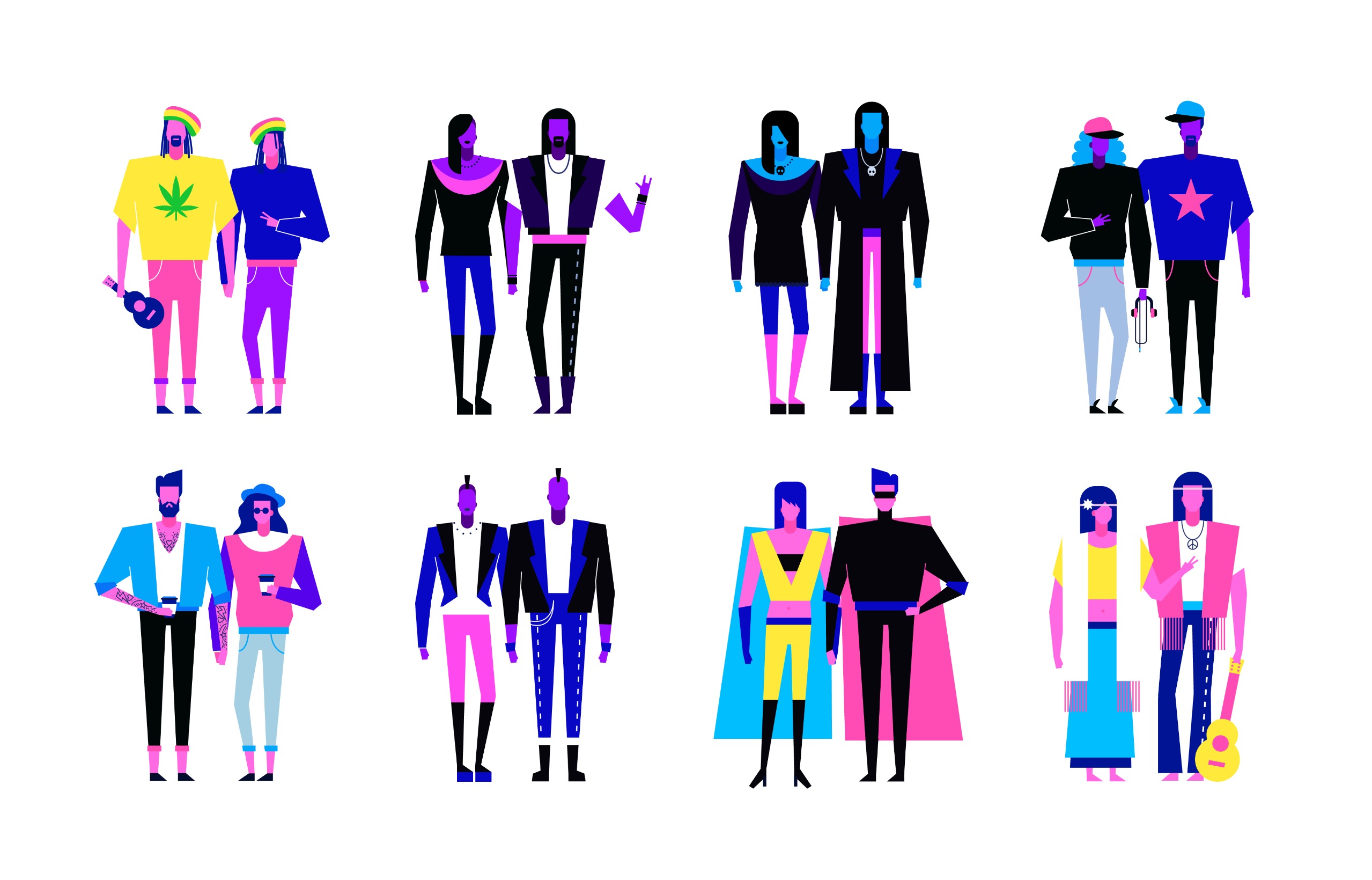Cannabis legalization in New York State has resulted in numerous benefits, including increased tax revenue and job opportunities. However, given the history of unequal enforcement and discrimination in drug policies, it is critical that the benefits of this new industry are distributed equitably. This is where social equity enters the picture. The principle of social equity seeks to address historical injustices and systemic barriers that have disproportionately impacted certain communities.
In the context of the cannabis industry, social equity seeks to enable those who have been disproportionately impacted by the War on Drugs, such as communities of color and low-income individuals, to participate in and benefit from the new legal cannabis market. In this article, High Peaks will explore the role of social equity in New York’s cannabis industry and how it can promote greater economic and social justice. We will examine the specific provisions of the state’s legalization law, as well as the challenges and opportunities that lie ahead for ensuring a fair and inclusive cannabis industry in New York.
Social Equity Provisions in New York’s Cannabis Legalization Law
New York State’s recent legalization of recreational cannabis includes provisions aimed at promoting social equity in the industry. The Marijuana Regulation and Taxation Act (MRTA) was signed into law in March 2021, making New York the 15th state to legalize cannabis for adult use. The MRTA aims to redress the harms of the War on Drugs, which disproportionately affected communities of color and low-income individuals. To achieve this goal, the law includes several social equity provisions, including:
- Automatic expungement of previous cannabis-related convictions
- Allocation of a portion of tax revenue from cannabis sales to a Community Grants Reinvestment Fund, which will support social and economic programs in communities disproportionately affected by the War on Drugs
- Creation of a Social Equity Licensing Program, which prioritizes applicants from communities disproportionately impacted by past drug policies
These provisions aim to provide a more equitable playing field for individuals and communities who have been negatively impacted by past cannabis policies. However, the success of these initiatives will depend on their effective implementation and enforcement. In the following sections, we will examine the challenges and opportunities for promoting social equity in New York’s cannabis industry.
Addressing Systemic Barriers to Entry in the Cannabis Industry
Access to capital and navigating the regulatory landscape are significant barriers to entry for individuals and communities seeking to participate in New York’s legal cannabis market. The MRTA includes provisions for low-interest loans, technical assistance, mentoring, and training programs for social equity applicants to address these challenges. However, effective implementation and adequate funding for these programs are essential to ensure that they address the capital and regulatory needs of social equity applicants.
Another potential challenge is the risk of large corporations and wealthy investors dominating the market, crowding out small businesses and social equity applicants. To mitigate this risk, the MRTA includes provisions for license limits and a requirement that a certain percentage of licenses be awarded to social equity applicants. Overall, promoting social equity in the cannabis industry will require addressing these systemic barriers and ensuring that the benefits of the legal cannabis market are equitably distributed. In the next section, we will explore the economic and social benefits of a fair and inclusive cannabis industry.
The Economic and Social Benefits of a Fair and Inclusive Cannabis Industry
A fair and inclusive cannabis industry in New York truly has the potential to create job opportunities, generate tax revenue, and promote social justice. By giving priority to social equity applicants in the licensing process, the industry can create employment opportunities in communities that have suffered the most from past drug policies. In addition to job creation, the industry is expected to generate significant tax revenue for the state. The MRTA’s tax structure will allocate a portion of that revenue to social equity programs, which can be used to invest in social and economic initiatives in communities disproportionately affected by drug-related harm.
Promoting social equity in the cannabis industry also has important social benefits. By addressing the systemic barriers and historical injustices that have affected certain communities, the industry can contribute to greater social justice and community empowerment. Overall, a fair and inclusive cannabis industry in New York has the potential to bring about significant economic and social benefits, such as job creation and increased tax revenue, while also promoting social justice and community empowerment.





